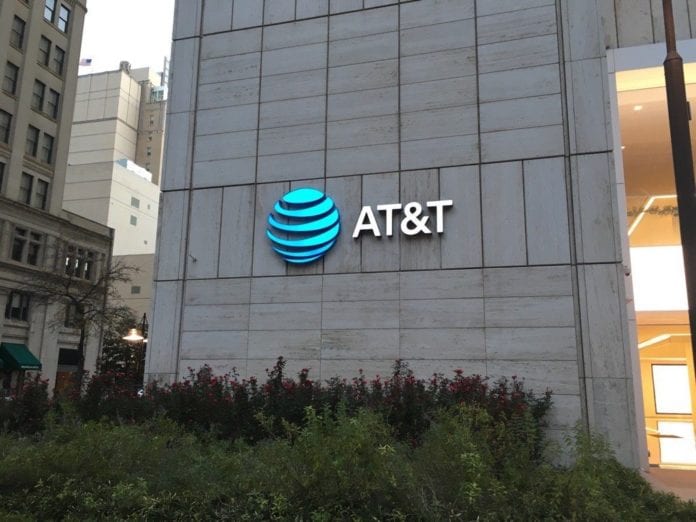Federal attorneys say combined AT&T and Time Warner will hurt competition, consumers
Opening arguments were set to begin this morning after a one-day weather delay in the U.S. Department of Justice’s bid to block AT&T’s proposed $85 billion acquisition of Time Warner. Attorneys for the DoJ content the combined company would create an anti-competitive environment and raise consumer prices. AT&T contends it’s a vertical acquisition, it doesn’t compete with Time Warner and similar deals have been allowed in the past (Think Comcast buying NBC Universal).
In a Feb. 9 pre-trial filing, attorneys for AT&T conclude: “This merger will provide substantial benefits to consumers and, contrary to the government’s contentions, will strengthen rather than harm competition in these markets. For those reasons, and based on the evidence to be adduced at trial, this Court should grant judgment for defendants and permit this merger to proceed.”
Time Warner owns major content distribution brands including CNN, HBO and the Turner networks among others. As telcos look to better compete against over-the-top players like Netflix and Amazon, consolidation between operators and content owners/producers is picking up pace.
Earlier this month AT&T CFO John Stephens, speaking at the Deutsche Bank 2018 Media, Telecom and Business Services Conference, stressed the need to finalize the Time Warner deal. “We’ve got to get that done,” Stephens said. “We’re gonna get that done. I think everyone can understand we’re in the middle of litigation. We believe 50 years of history with antitrust and our position is strong and we expect to prevail. You think about what we bring to Time Warner and that is this information, this data, this capability to help them run their business better.”
The DoJ filed its lawsuit in November. Here’s a detailed look at both sides’ cases.
The Time Warner move comes after AT&T acquired TV provider DirecTV, which industry analyst Craig Moffett of MoffettNathanson mentioned in comments to CNBC. “AT&T has a strategy, but it might not be the right one. The financial cost already committed to DirecTV is enormous and has become a huge drag on the company. AT&T runs the same risk with Time Warner. If the secular decline of linear cable networks happens faster than forecast, AT&T could find itself in very deep water.”

